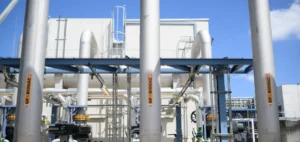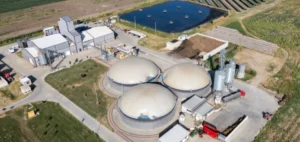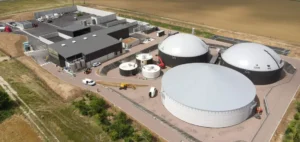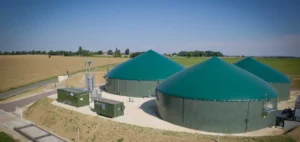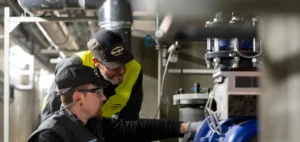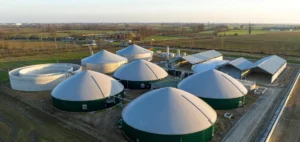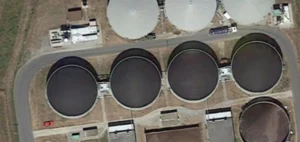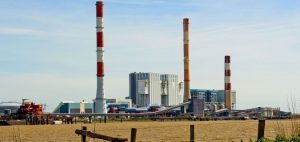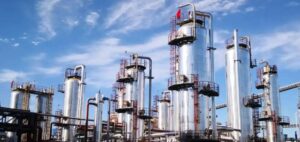Biomethane, or bio-GNV (Natural Gas for Vehicles), seems to be the new spearhead for the French group Air Liquide in the UK.
Indeed, ASDA, a major UK retailer, has entrusted the Group with the installation and operation of six biomethane distribution stations to refuel trucks at its sites.
The benefits are mutual, both economically and ecologically.
Biomethane on the rise in the UK
For Air Liquide, this major contract, in addition to other investments, aims to increase the production and distribution capacities of biomethane activities in the UK.
The new stations designed for ASDA, scheduled for commissioning in the first quarter of 2021, will strengthen Air Liquide’s network in the UK, which will thus include 20 distribution stations, dedicated to refueling truck and bus fleets.
At the end of 2019, Air Liquide acquired Gas Bus Alliance, whose 7 biomethane distribution stations for buses expanded Air Liquide’s network in the country.
Cleaner energy
For ASDA, it’s a further step in the fight against global warming and the transition to renewable energies.
In 2021, the group will put more than 300 new trucks on the road powered by bio-GNV (Natural Gas for Vehicles) to reduce the environmental impact of its transport activities.
Whether derived from agricultural, industrial or household waste, biomethane reduces transport-related CO2 emissions by 90%, particulates by 85% and noise by up to 50% compared with diesel engines.
Air Liquide is present across the entire biomethane value chain, with a circular economy approach, from the production and purification of biomethane in units operated by the Group, to its injection into natural gas networks and its applications, notably as an alternative to traditional fuels for cleaner mobility.
These are clear economic and ecological benefits for the French group.



